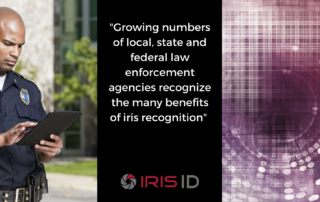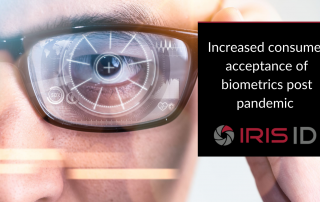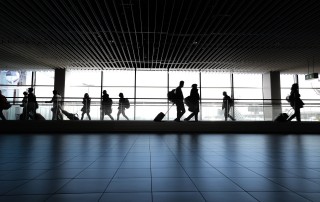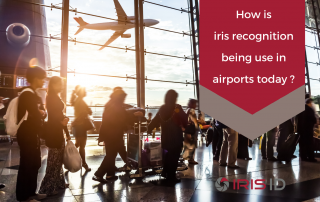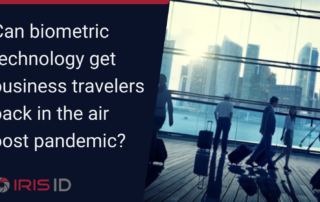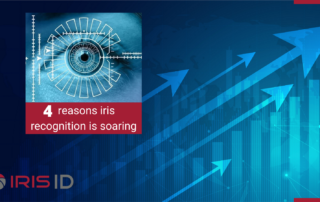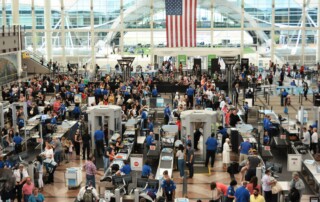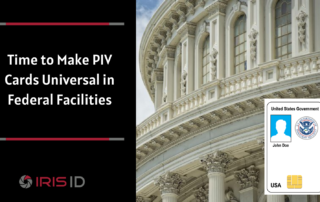Iris recognition growing with national database expansions
by Tim Meyerhoff Growing numbers of local, state and federal law enforcement agencies recognize the many benefits of iris recognition. Iris systems are widely seen as more accurate than other biometrics. The process of capturing criminals’ iris patterns is quick and touchless. Iris database templates are small, helping alleviate data storage concerns and reduce network

